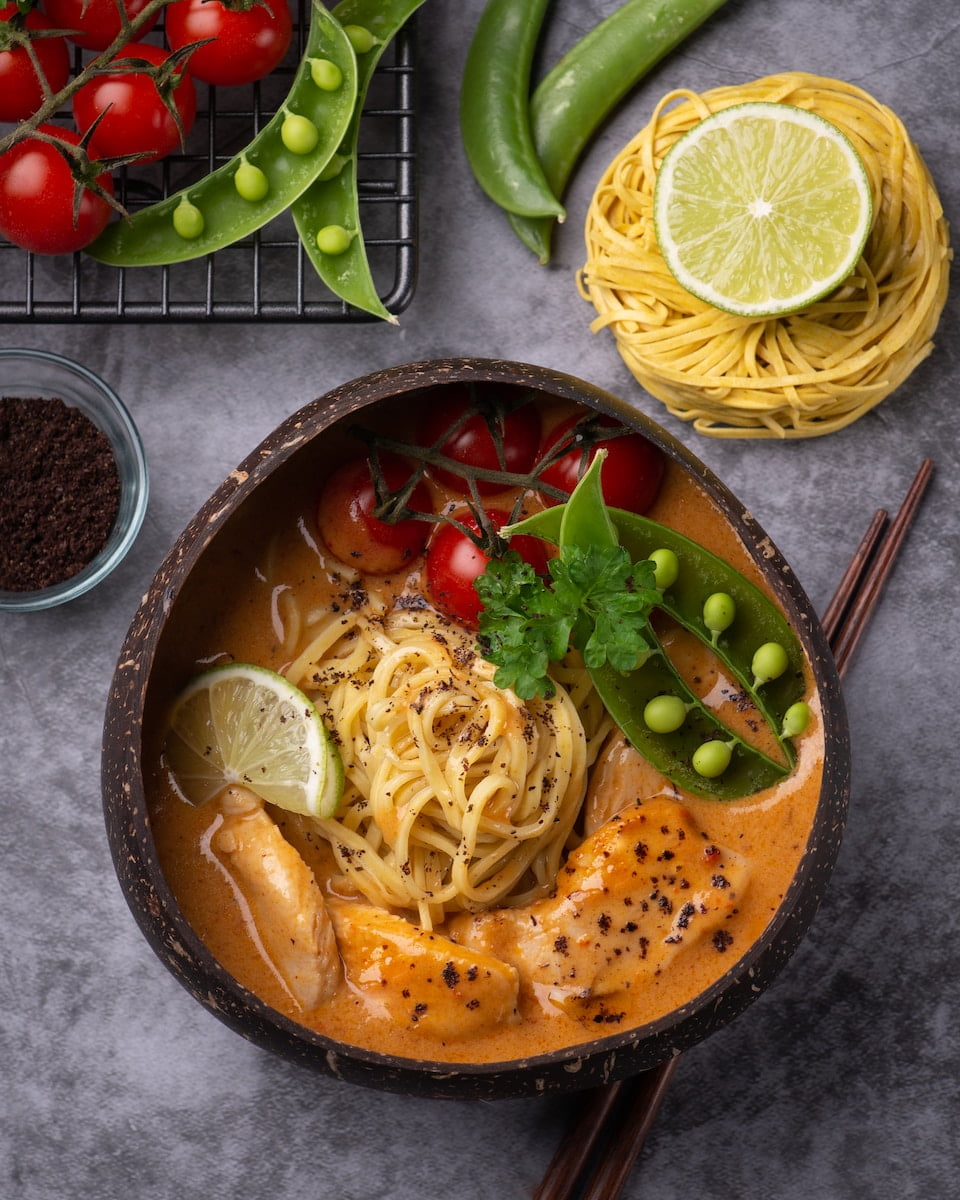15 Worst Foods To Eat Before a Softball Game
When it comes to preparing for a sporting event, what you eat can significantly impact your performance. Eating the wrong foods right before the game can lead to discomfort, energy crashes, and poor athletic results. In this article, we’ll break down 15 foods you should steer clear of before your big game and explain why.
This should not be considered for daily use. This is specifically aimed at what to eat on game day or tournament day.
1. High-Fat Foods:
Foods like fries and fried chicken are high in fat, which slows down digestion and makes you feel sluggish.
Examples: French Fries, Fried Chicken, Cheeseburgers
2. Heavy, Greasy Meals:
Large, greasy meals can lead to indigestion and cramping. They divert blood from your muscles to aid digestion.
Examples: Large pizza with extra cheese, big plate of chili cheese fries, deep fried chicken sandwich
3. Spicy Foods:
Spicy foods can cause heartburn and upset your stomach during exercise, making it uncomfortable to perform.
Examples: spicy chili, hot wings, spicy curry
4. Excessive Fiber:
Beans and veggies high in fiber can lead to bloating and gas, which can disrupt your game.
Examples: baked beans, broccoli, bran cereals
5. Carbonated Drinks:
Carbonated beverages can cause gas, bloating, and discomfort due to the release of carbon dioxide gas.
Examples: Soda, Carbonated Water, Fizzy Energy Drinks
6. Sugary Snacks and Candy:
High-sugar foods lead to quick blood sugar spikes followed by crashes, leaving you with low energy during your event.
Examples: Candy Bars, Gummies, Cotton Candy
7. Dairy Products:
Dairy can be hard to digest for some people, causing stomach discomfort. Lactose intolerance can make this worse.
Examples: Milk, Yogurt, Ice Cream
8. Alcohol:
This shouldn’t have to be said for younger athletes, but alcohol dehydrates your body, impairs coordination, and slows reaction time, all of which negatively affect your game.
Examples: Beer, Wine, Liquor
9. Caffeine in Excess:
Too much caffeine can cause jitteriness, anxiety, and dehydration, which aren’t helpful for your athletic performance.
Examples: Coffee, Energy Drinks, Some Pre-Workout Supplements
10. High-Protein, High-Fiber Bars:
These bars can cause digestive discomfort if eaten too close to your event due to their dense protein and fiber content.
Examples: Protein Bars, Meal Replacement Bars, Granola Bars
11. Processed or Fast Foods:
These foods are often high in unhealthy fats, sodium, and sugar, lacking the nutrients needed for optimal performance.
Examples: Chicken Nuggets, Potato Chips, Microwave Burritos
12. Unfamiliar Foods:
Trying new or exotic foods before a game can be risky; they might not agree with your stomach, causing unexpected digestive issues.
Examples: Sushi, Spicy Thai Food, Unfamiliar Street Food
13. Large Quantities of Water:
While hydration is essential, drinking too much water right before an event can lead to fullness and potential overhydration, which can harm your performance.
Examples: Easy, it’s just large quantities of water!
14. Energy Drinks:
Energy drinks with high caffeine content can lead to dehydration and energy crashes during your game.
Examples: Monster, Red Bull, 5 Hour Energy
15. Foods High in Sugar Alcohols:
Sugar alcohols found in sugar-free gum and candies can act as laxatives and cause digestive discomfort.
Examples: Sugar-free gum with xylitol or sorbitol, sugar-free candies and drinks
To perform your best in sports, it’s important to choose your pre-game meals wisely. Try for a balanced meal that’s rich in carbs, moderate in protein, and low in fat a few hours before your event. This provides steady energy and minimizes digestive issues. Hydrate with water or sports drinks containing electrolytes, but avoid excessive fluid intake right before the game. Remember that everyone’s tolerance varies, so experiment during practice to discover what works best for your body.
What should you eat before a softball game?

Now that we’ve let you know what you shouldn’t be eating, let’s fill you in on some of the things you should eat instead!
1. Complex Carbohydrates: Examples include whole grains like oatmeal, brown rice, and whole wheat pasta.
2. Lean Protein: Foods like grilled chicken or turkey can help with muscle repair and growth.
3. Healthy Fats: Avocados, nuts, and seeds provide sustained energy without causing digestive discomfort.
4. Fruits: Bananas, oranges, and berries offer vitamins, minerals, and quick-release carbohydrates.
5. Vegetables: Opt for easily digestible options like leafy greens, carrots, and bell peppers for added nutrients.
6. Hydration: Drink water (we bring our own filtered from a ZeroWater unit) or a sports drink with electrolytes to stay properly hydrated. We highly recommend Roar sports drinks and our kids love them! They do contain a sugar-alcohol (erythritol, which is mentioned above), however, it doesn’t seem to bother my girls if they drink one bottle.
Hopefully, we’ve given you enough information above to help you with your game-day munchies. This list of what to avoid and what not to avoid is not a strict list. If certain foods are on the “worst” list but don’t seem to bother you, then have at it. You may be able to tolerate foods that many may not have as much ease with. So go out, be healthy, and play some softball!




